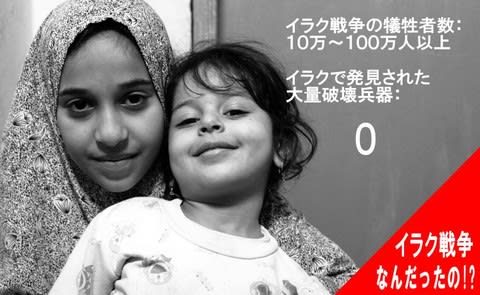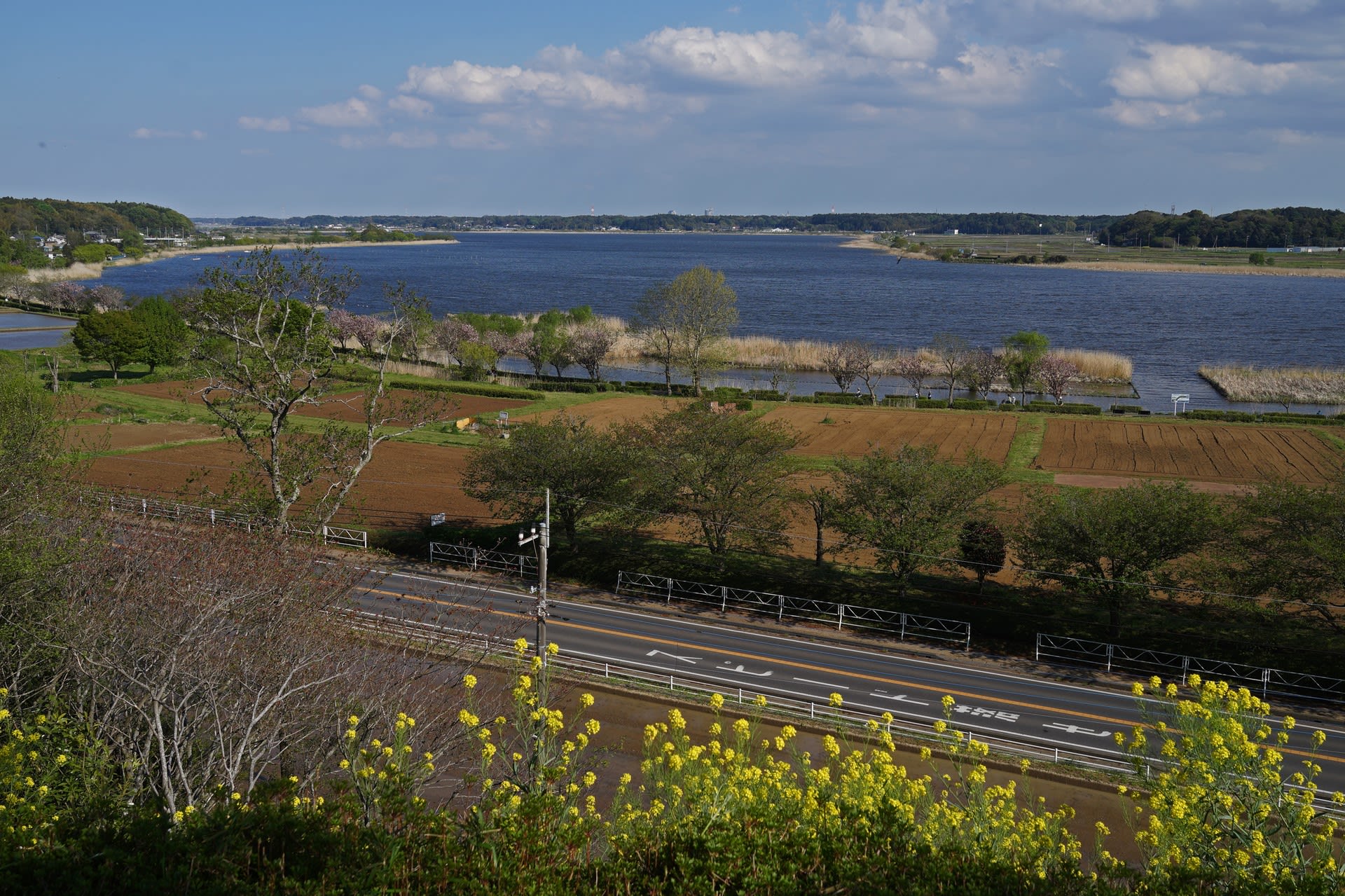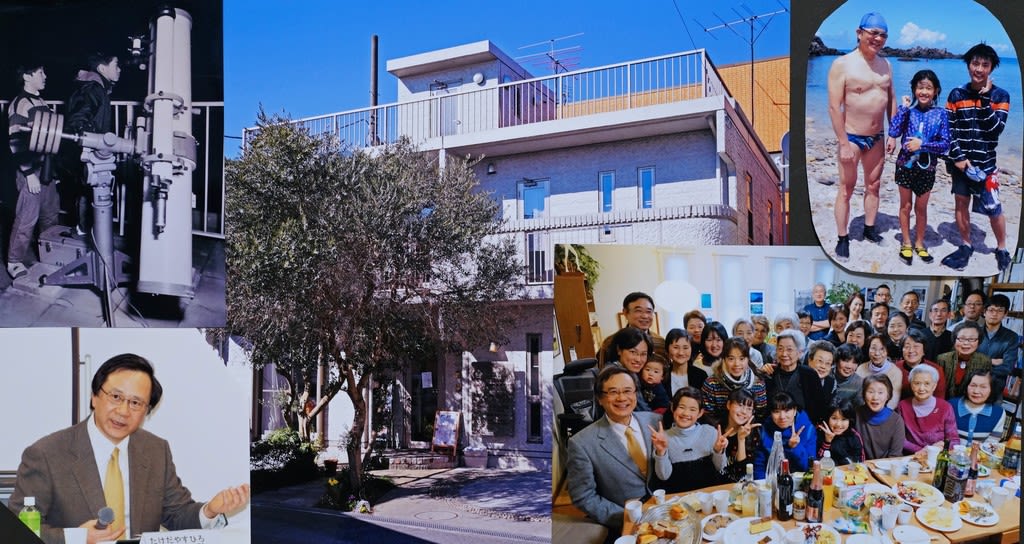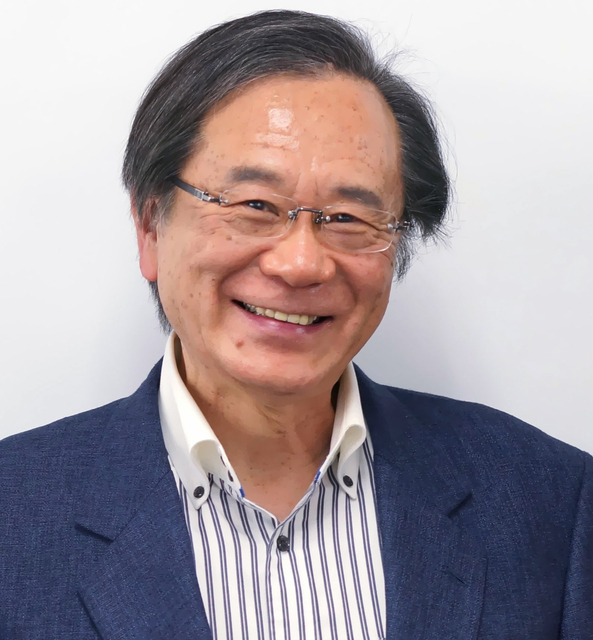Yesterday in our college level class we studied the overlapping and differences between the notion of Rousseau’s ‘natural man’ and 安藤昌益 (Ando Shoeki)’s 真人
(shin-jin, ‘true person’). Rousseau and Ando were contemporaries. (Source: Yasunaga, Juen, 『中江兆民と安藤昌益』(Nakae Chomin & Ando Shoeki), 1978. レグルス文庫.)
The discussion continued on to examination of “the origin of the notion of human rights.”
The concept of “human rights” that bases itself on Christianity, a strong form of monotheism, is said to be a universally human concept. However, hidden in it is the religious belief of a transcendent god.
My understanding of the origin of the notion of human rights comes from a totally different place from Christian thoughts of Europe and America. Yesterday I first talked about it in the class.
It is something anyone from any country would easily understand.
The origin of the notion of human rights lies in the existence of babies and infants.
The moment a baby is born s/he possesses individuality; each baby has her or his own way of crying, for instance. The life of each baby is irreplaceable; it cannot be replaced by anyone else’s. Whether the baby is born into a rich family or poor family, or a famous family or not, does not make the baby any more or less superior or inferior to others. Each baby is just as valuable as any other. Every baby is born into the world with the same importance and preciousness.
This has nothing to do with particular thought or religion. Every parent naturally has this sense and feeling. Our determination to protect and help the baby grow is more profound and stronger than anything else. To put it more formally, one can say that this determination contains “the ultimate universality.” It should be obvious to even someone who has no biological child of her or his own that the origin of the notion of human rights comes from this urge in us. Unless the person is pathologically warped, s/he inevitably feels love for young children. This love is shared by all of us.
The origin of the notion of “human rights” lies right there, not in any specific religion or philosophy. This is why the principle of human rights is a universal principle that cannot be violated no matter what. Freedom, equality, and egalitarianism are all borne out of not from isms and specific religion but from natural human thoughts and feelings. The notion of human rights has its origin in the love for young children and it comes from one’s whole body and mind. This is a thought that arises naturally from this source.
My understanding is that the origin of the notion of the authentic human rights comes from this universal human thought that arises from natural human feeling, and not from monotheism, communism, or Prime Minister Abe and his cohorts’ pre-war ideology that equates the Japanese Emperor as the embodiment of the national entity (国体思想).
What constitute the foundation of human existence are the respect for an individual, the irreplaceable human being, and 唯我独尊(there is only one of me, and I am precious as is), the awareness of the origin of our beginning.

Author: Yasuhiro Takeda
Translator: Kyoko Saegusa
---------------------------------------------
2017-03-12 | 恋知(哲学)
昨日の大学クラスでは、同時代人であるルソーの「自然人」と安藤昌益の「真人」との重なりと違いをやりました。
(『中江兆民と安藤昌益』安永寿延著1978年レグルス文庫から))
そこから、話は広がって、
《人権思想の淵源》の考察となりました。
強い一神教であるキリスト教を下敷きとして持つ「人権」の概念は、人類普遍の、とは言いますが、そこには超越神の存在を置く宗教的信念が隠されています。
わたしの、人権思想の淵源についての見方は、欧米のキリスト教思想とはまるで異なりますので、そのお話をしました。
それは誰にも、どこの国の人にも納得できるとおもわれる話です。
人権という思想の淵源は、赤ちゃん・幼児の存在です。
幼子は、生まれた瞬間から「個性」をもち、泣き方もみな違います。その一人ひとりの命は、かけがえのないもので、他の誰とも取り換えることのできない命です。金持ちや有名人の家に生まれた子も、貧乏な家に生まれた子も、そこには上下はなく、価値に少しの差もありません。赤ちゃんは、みなが大事で尊い存在として生まれてきたのです。これは、特定の思想や宗教とは何の関わりもなく、子を持つ親が誰でも自然に感じ、思うことです。子を守り育てようとする心は何よりも深く大きいです。固い言葉で言えば、この心にこそ「究極の普遍性」があると言えます。わが子のない人も、そこが淵源であることは十分に了解できるはずです。病的に歪んだ人でない限り、幼い命に対する思い=愛情は、みなに共通しています。
ここに「人権思想」の淵源があり、特定の宗教や哲学に淵源があるのではありません。だからこそ、人権とは、決して侵すことのできない人類普遍の原理なのです。自由も平等も博愛もみな、〇〇主義や〇〇宗教ではなく、自然な人間の想いや感情から生まれますので、人権とは、幼子への心身全体による愛情を淵源とすると言えます。そこから自ずと立ちあがってくる思想です。
一神教的でも、共産主義でも、安倍首相らの戦前思想=国体思想でもなく、自然な人間の感情から生じる世界共通の人の想い、それがほんらいの人権思想の淵源だというのがわたしの考えです。
一人ひとりのかけがえのない人間=「個人」の尊厳、みな「唯我独尊」として生まれてきたことの自覚、それが人間が人間として生きる上での土台となる考えです。
武田康弘

小2のかなちゃんの黒板絵





























